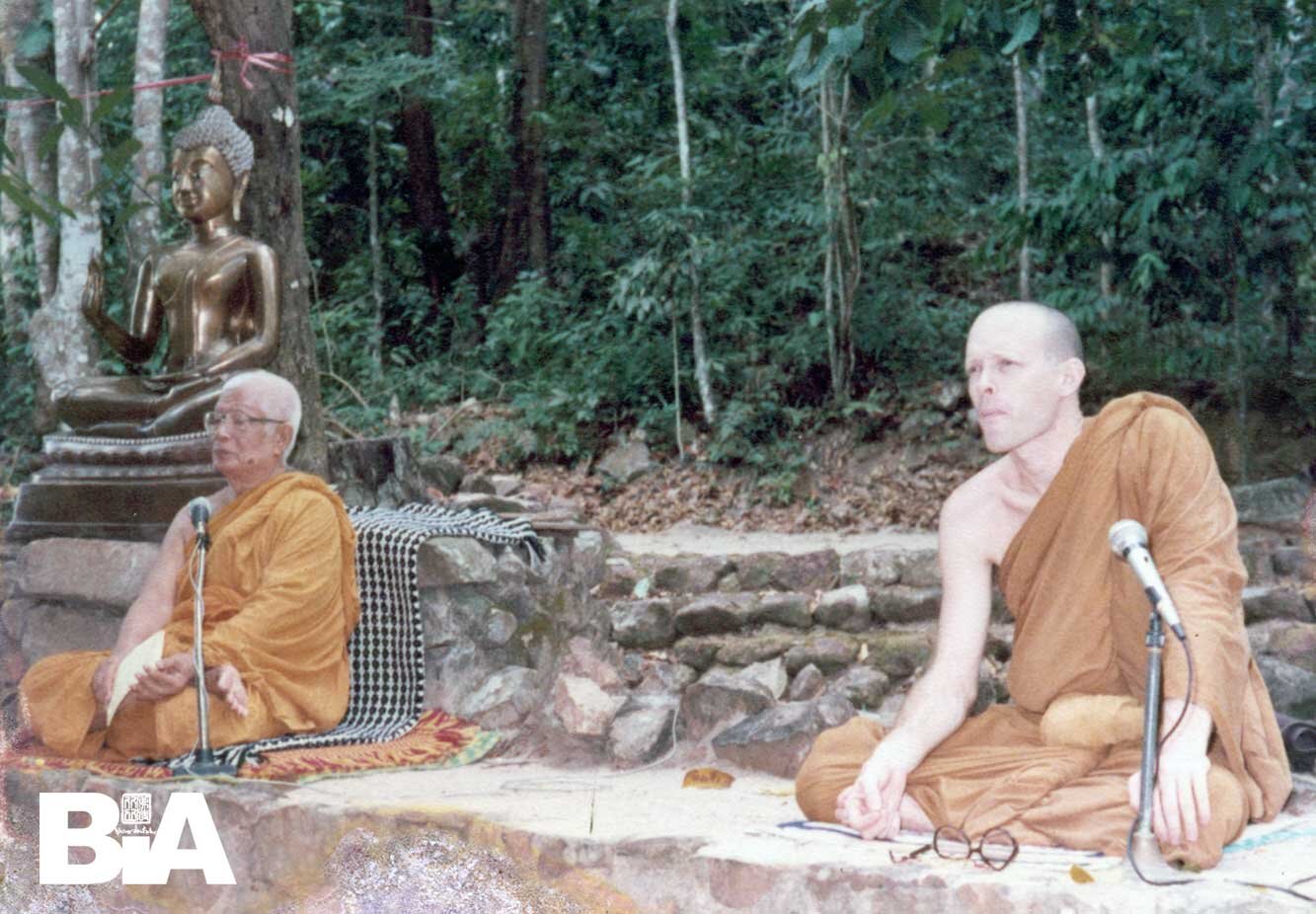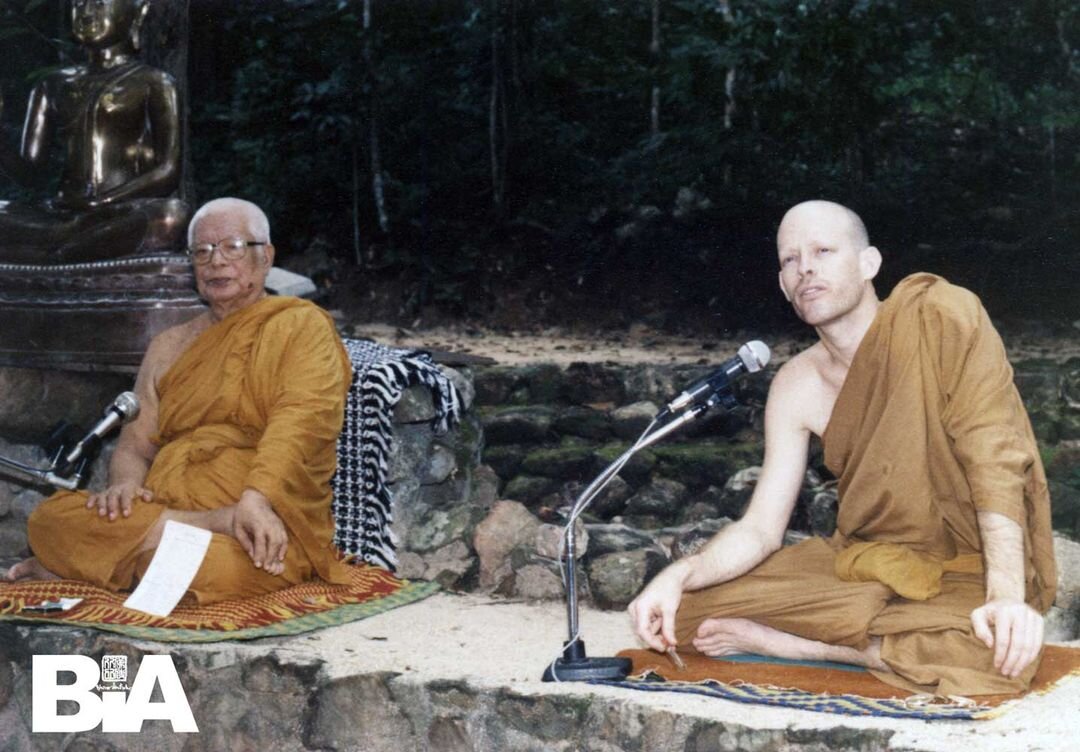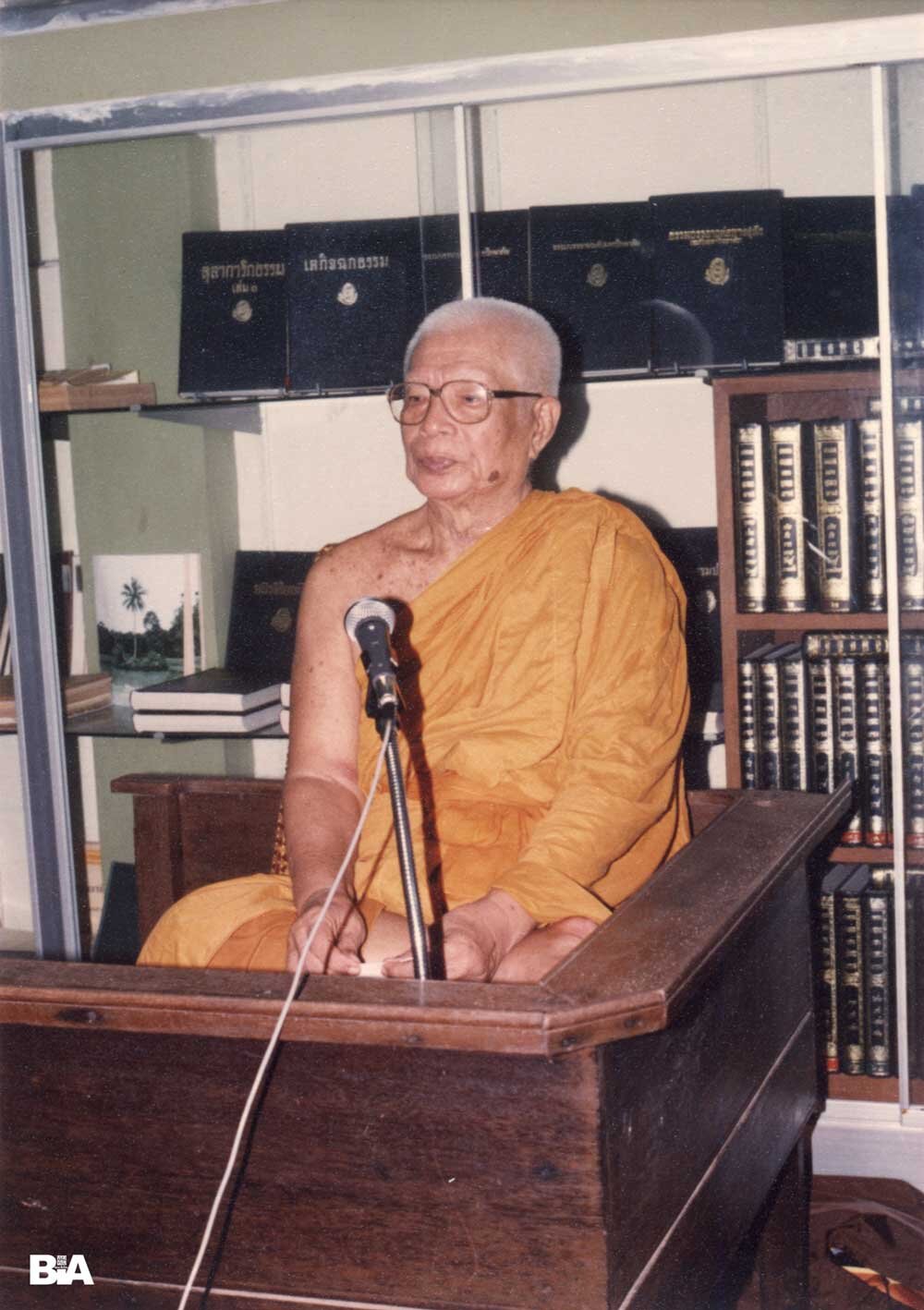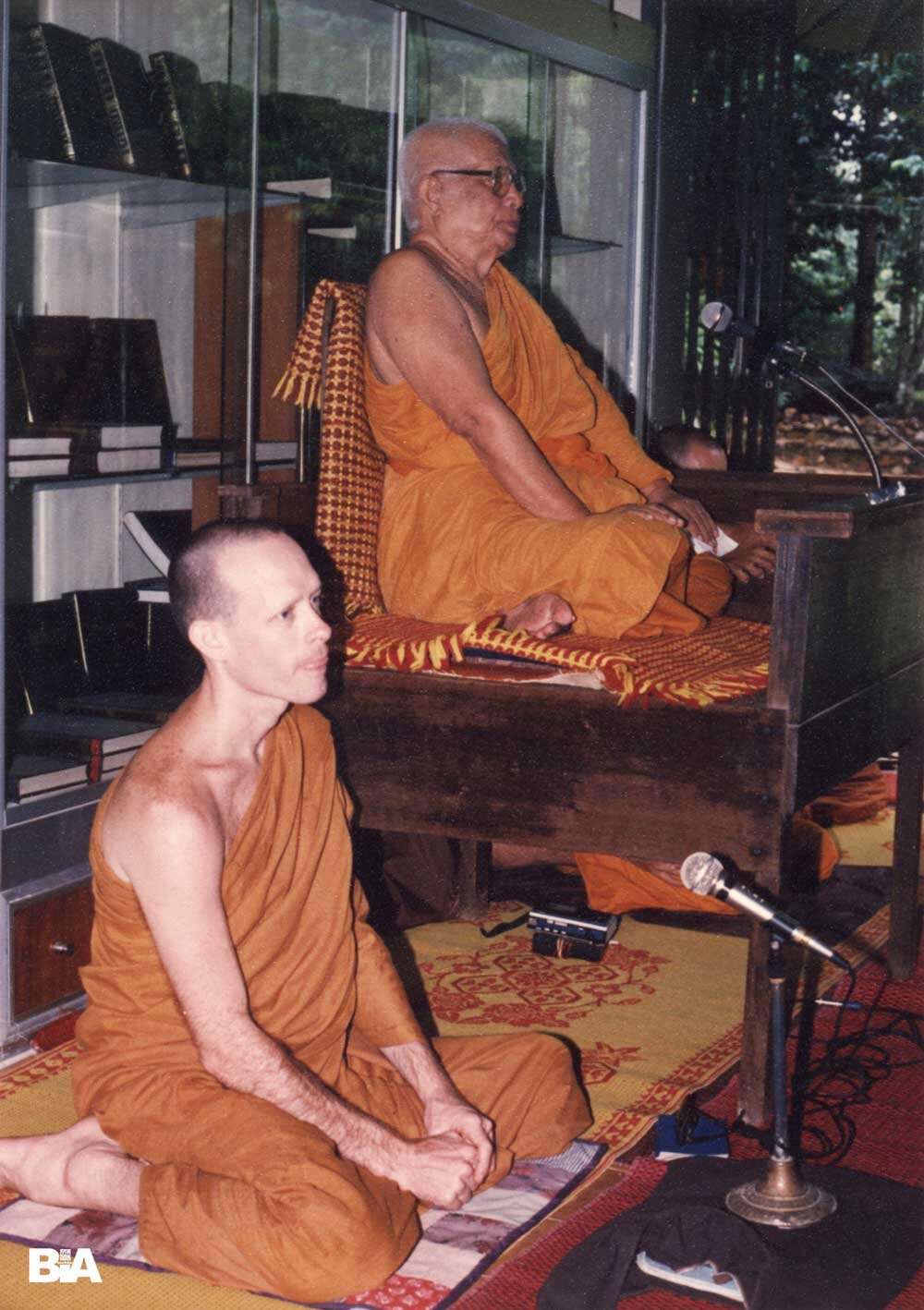
“What is the role of saññā (perception) in paṭiccasamuppāda?”
“In terms of the Four Foundations of Mindfulness, to what degree can they be practiced in ordinary life, and to what degree do they require formal meditation and a strong level of samādhi or concentration?”
“Does mathematics exist in reality, in nature, or only in the mind?”
“In terms of the wheel, of paṭiccasamuppāda (dependent origination), where does it break in terms of the Four Foundations of Mindfulness?”
“Some people explain that the kind of tendencies for when we build up defilement or defiled tendencies, that somehow this is connected with the body. Maybe we kind of store them in different parts of the body, or that there is some connection. And then at times these arise as vedanā, as feelings, and then if one is mindful of them, you can kind of come to terms with the vedanā and the supposed underlying defiled causes. But if you don’t, aren’t mindful of it, then you just get caught up in the thing over and over again. Is this Buddha’s thinking or not?”
“I’m a little more confused now when you talk about getting rid of the self. The way I saw it before is, though you rid yourself of the self, you are still a part of this world, and things in the world still affect you. As such, it seems that things like war or the destruction of the environment will still affect the aggregates that compose an individual. Though you do not have a self, the first duty to survive is threatened, and these problems must be addressed.”
“Sometimes when I think about all the big problems in the world, it seems like we’re kind of heading toward Armageddon – extinction of mankind. Is this just paranoia or are we really in trouble this time? And how does Armageddon fit into the whole Buddhist view?”
“My question has to do with kamma and duty. It seems to me that there are two different duties, a higher one and a lower one: one to the self or to the ridding of the self, and one for the community, to society. I was wondering which duty comes first. An example that I thought of was an animal that was struck by a car that was still alive but in deep suffering and he would die in time. You had a duty to the animal in the sense of society to end his pain, but you also have the duty to the self of not killing the animal to end the pain.”
“We have read “Dhammic Socialism,” and in “Dhammic Socialism” a caste system based on function and responsibility is discussed. We have also learned that the Buddha rejected the caste system in India. So I was wondering if Ajahn Buddhadasa could please explain what he means by caste and how it is to function in dhammic socialism?”
“How does compassion arise if you’ve detached yourself so much that you are not affected by the people suffering? How far does the detachment go?”










